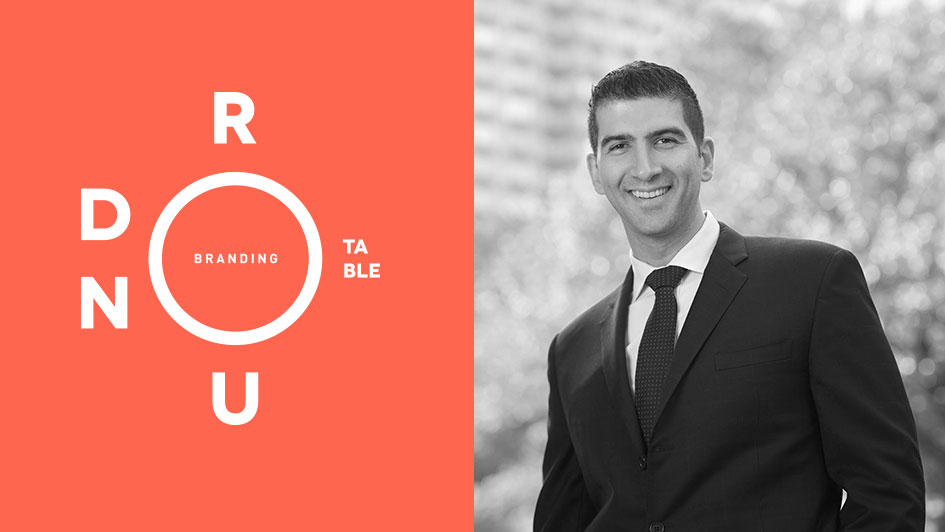
It’s been over a generation since the concept of brands as business assets came to the fore – and even now that perspective often meets resistance because business leaders are most comfortable with assets to which they can assign a definite financial value. As David Aaker, the original proponent of brands-as-assets puts it, “The power of short-term financials is overwhelming and pay-off from brand building is difficult to quantify, especially in the short-term.”
Download the full roundtable here >
In an attempt to fill the gap in understanding between building brands and building shareholder value (the prime directive of most publicly-traded, for-profit firms), brand valuation services have sprung up over the past quarter-century or so, augmenting traditional business valuation services provided by accounting firms and other consultants. These services have sparked a good deal of debate, and sometimes even derision, most notably when their published rankings of top brands and what they’re worth inevitably (and sometimes dramatically) fail to reach the same bottom line conclusions.
This is hardly an academic debate – big money is at stake, particularly when valuations influence transactions such as mergers and acquisitions. Looking for a perspective slightly outside the usual branding ranks, we reached out to Moira Conlon, formerly a key player in America’s largest investor relations firm and now President of Financial Profiles, a specialist in helping “public, private, and pre-IPO companies address issues that affect valuation and corporate reputation.”
Purchase price is not the ultimate arbiter of the brand’s “potential” value.
Whereas much of the clamor and complaint surrounding divergent valuations focuses on differences in predicted value and ultimate purchase price, Conlon casts some doubt on the validity, or at least completeness, of that comparison. She says, “Purchase price is not the ultimate arbiter of the brand’s ‘potential’ value. Companies can have strong brands that need an infusion of capital, new management, new partnerships, or other catalysts that can take it to the next level.”
But how to assess the strength, and ultimately the marketplace worth, of those brands? We contacted leaders from three firms noted for their brand valuation services:
David Haigh, CEO, Brand Finance
Michael Rocha, Global Director, Brand and Business Valuation, Interbrand
Mario Simon, CEO of Kantar Vermeer, part of MillwardBrown
They certainly do not always agree, but together they provide a much clearer view of the benefits and challenges of pursuing brand valuation. Download the latest Roundtable eBook to read the entire discussion.